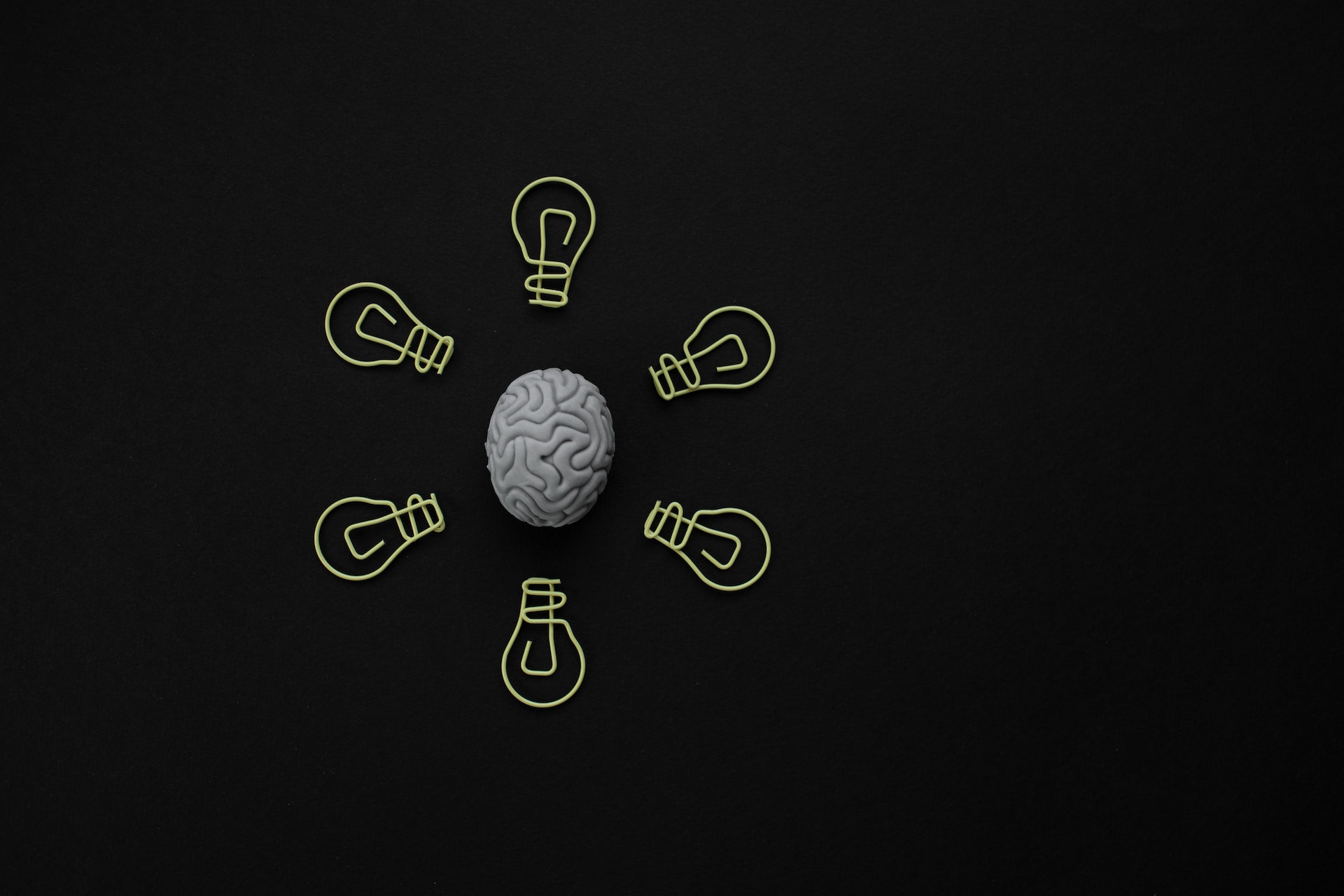FYI, biases are not all bad. Psychologist Martin Seligman told the American Psychology Association in a speech that was to formally bring positive psychology to life.
“I want to remind our field that it has been side-tracked. Psychology is not just the study of weakness and damage. It is also the study of strength and virtue. Treatment is not just fixing what is broken; it is nurturing what is best within ourselves.”
Perceptual biases about the self and our human relations are natural to the human condition. They fulfill several important functions. Positive psychology recognizes that not all human quirks are inefficient, illogical, and unnecessary. And there are some insights that intelligence professionals can take from this.
Biases that help the identity
First off, let’s look at the positive functions of cognitive biases. They help reduce feelings of uncertainty, improve self-esteem, and help construct meaning. Positive biases are what help you cope with difficult emotions, situations, and interactions. Even if they cause blindspots, inaccurate interpretation of fact, and skewed results to an inquiry. This isn’t necessarily a bad thing while working in teams. It is key to one’s perception of the self and other human interactions.
Cognition involves knowing, remembering, understanding, communicating, and to some extent, learning. But our cognition is not always logical. Our preferences, fears, hopes, prejudices, and intuition are what make us human.
Take, for example, the big shift in every industry today. Trust and preference for an institutional legacy die. Even in market intelligence. Trust is now placed in organizations that prioritize a ‘user-first’ digital experience and invest in real-world insights to serve ‘experience-hungry’ audiences.
Negative biases that can work to our advantage?
1. Reasonable ignorance and selective perception
Reasonable ignorance limits your intelligence to avoid analysis paralysis or decision anxiety. Selective perception helps avoid information overload and pick out context-specific facts that you can work with to make something beautiful.
2. Recency illusion and historical discounting
Making sense of the world is a challenge. To survive, humans retain information that is most relevant, immediate, and accessible. While some information comes “intuitively” to us, as stored in our genetic wiring, we have the luxury of not having to know the full story. We didn’t know what was going to happen in 12 months earlier this January. Even when caught unawares, humans have a certain resilience to take on challenges as they come. Not necessarily by having anticipated it from studying historical indications and patterns.
Yes, we were excellent at solving pandemics in the last century. Yes, we got complacent this time. But the answers for COVID-19 couldn’t possibly come from the past. This is a challenge for us to solve today, with present-day fact and context.
3. Positivity effect
A project you enjoy will outperform a project you don’t. The positivity effect allows for preferential cognitive reasoning that is very closely linked with your happy hormones and emotions. Research shows how this helps your working memory, attention, decision making, motivation, mental health, and social interactions.
There is no such thing as perfect knowledge, the positivity effect helps estimate case-scenarios that you can enjoyably work with. It helps you put the context into perspective and figure out answers with a bounce in your step. This is also what incentivizes a team, creates meaningful networks, and helps share knowledge and experiences.
4. Murphy’s law
“Anything that can go wrong will go wrong,” does not mean that everything will go wrong. Keeping surprises out is not possible. But when Daniel Kahneman said, “The correct lesson to learn from surprises is that the world is surprising,” I think it urges us to assume the worst but hope for the best. Our subconscious mind is terrible at doing the math on its own. So you consciously find out patterns based on history and anticipate.
5. The endowment effect
People are likely to keep what they own and know than acquire something new. A specific study showed that subjects of the experiment listened to songs they were familiar with more than 90% of the time. If YouTube leveraged this fact first, Spotify went ahead and perfected it. The blended algorithm is responsible for playlists like Discover Weekly, Radar Release, and Daily Mix.
The list could go on and someone once said, “Since learning about confirmation bias, I keep seeing it everywhere!” But that also means we can be aware of these known unknowns and make room for them.
The benefit of the doubt
While market intelligence is fundamental to any company’s arsenal, it can also be very skewed depending on your executive board’s limited understanding, internal capabilities, and individual biases. And yet you work wonders every day. You’re open to suggestions when you know you’re missing something. You predict the success of solutions. Discover adjacent market segments. Use strengths to your advantage and overcome weaknesses thoughtfully. You get to grab opportunities and minimize risks. You love a good challenge and think on your feet during a crisis.
Cognitive biases are just tools that help us make sense of the world. Useful in some contexts and harmful in others. If they’re so omnipresent, it’s important to be aware of where we may misjudge, appreciate our brains, and work around these distortions. What is deadly is a risk that no one sees or talks about. Not merely the negative biases, or the negative functions of positive biases. Ignorant misjudgment costs us expensive resources and innovations. Think about one time when you could have handled a project, a situation, or resources better. The only way to minimize the risk of falling prey to negative biases is the willingness to keep learning and unlearning what we already know.
The human brain is spectacular. I’ll quote Emily Dickinson and end with this:
The brain is wider than the sky,
For, put them side by side,
The one the other will include
With ease, and you beside.

